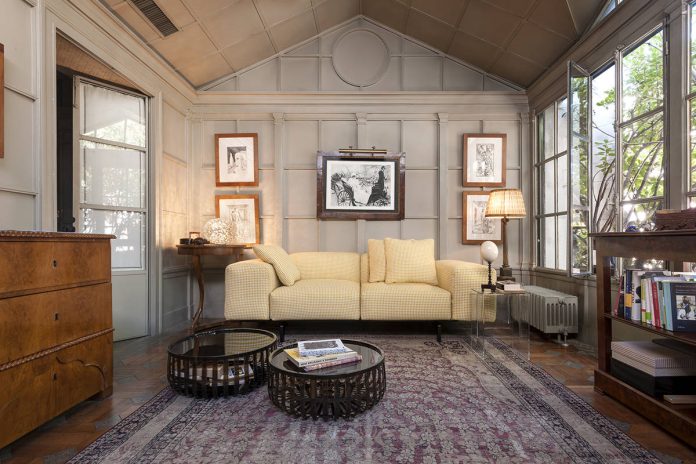A family manager, Federico Luti, guides the strategies and operations of the Kartell family business in China, a country the size of a continent that is currently hosting the second edition of iSaloni Worldwide. Kartell has participated in this event since the first edition: it is an opportunity for the company to strengthen its sales channels and brand identity.
Kartell’s retail history in this country starts from the road, then passes through the malls and is now again experiencing the desire to return with public showcases. Kartell has an audience that buys on impulse: showrooms on the street attract immediate interest, while customers visiting malls have a more reflective reproach and sometimes bring an architect with them. A demonstration of the Kartell effect is the success of the modular furniture, which, despite its age, continues to sell very well.
Kartell first arrived in China at a difficult time, when the country was not the popular destination it has become today, and the company’s strategy immediately focused on a careful selection of partners. So-called residents are still hosted in Kartell, where they receive proper training and then return to China, where they are ready to face “their” market with the company’s products: this is the basis of the Kartell’s commercial policy in a country that still offers a lot of room for manoeuvre.
Kartell is bringing its own rich history of icons and novelties to iSaloni in Shanghai: from the Victoria and Papyrus chairs, respectively by Starck and the Bouroullec brothers, to the Bettry lamp by Ferruccio Laviani, Tokujin Yoshioka’s Planet and the variations of the Largo sofa by Piero Lissoni.
A natural set of history and contemporaneity, in which past and present merge together.







